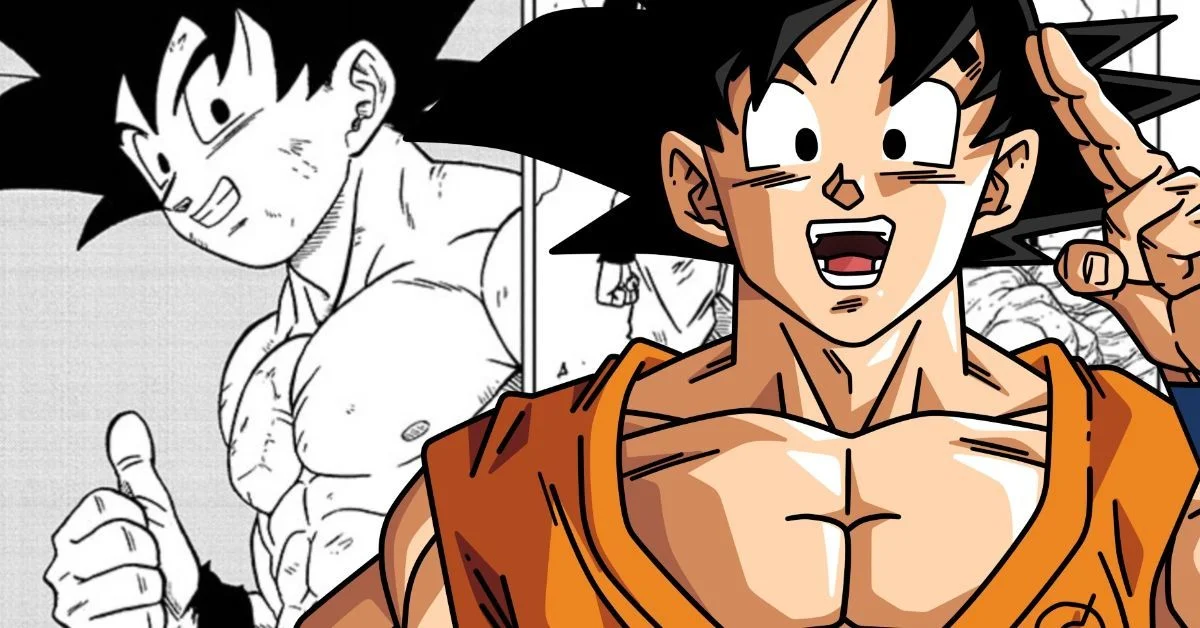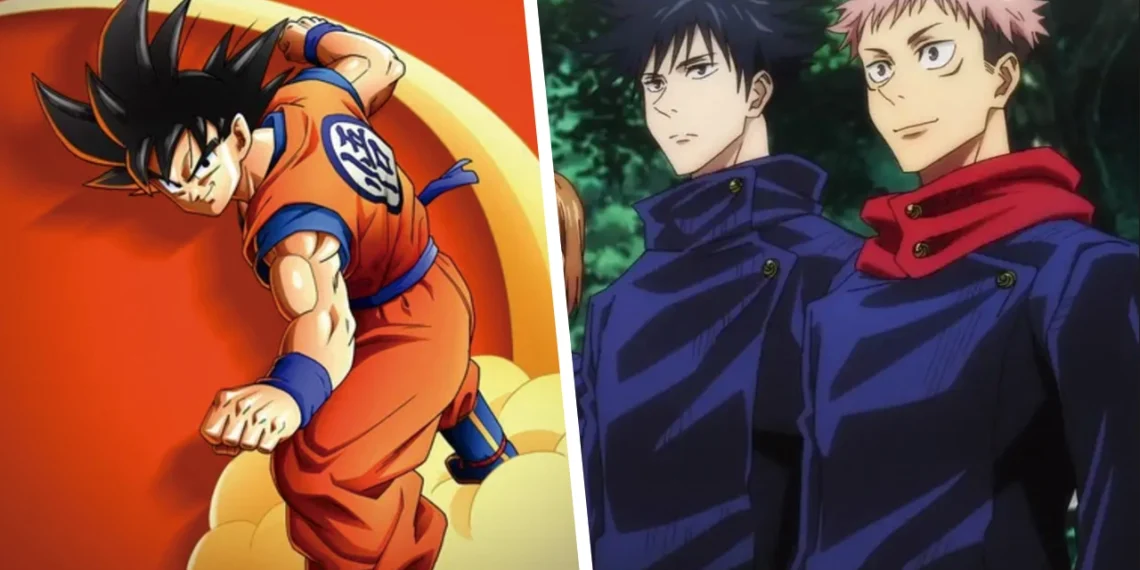A viral tweet by user @FemmeTheory sparked chaos online after claiming that enjoying shonen anime—especially titles like Dragon Ball Z and Naruto—is a “textbook sign of male fragility.” The thread, which racked up over 3 million views in a day, implied that these shows promote power fantasies rooted in fear of emotionally strong women.
As covered by Dexerto, the original poster argued that shonen titles perpetuate toxic masculinity through glorified violence, one-dimensional female characters, and emotionally unavailable male leads. The post set off a firestorm across Twitter, with thousands jumping in to either support or drag the argument.
Fans Defend Shonen as Nuanced and Inspiring
Supporters of shonen anime quickly clapped back, defending the genre’s complexity and heart. Many pointed out that shows like One Piece and My Hero Academia explore themes of friendship, sacrifice, and perseverance—not just macho strength. They argued that watching emotional growth arcs in shonen helped many men become more emotionally aware, not less.
Critics of the tweet accused it of generalizing both anime fans and gender dynamics. “You clearly haven’t watched a single full arc,” one reply read, garnering 50k likes. Others pointed out that female fans also make up a large part of the shonen audience, contradicting the thread’s core claim.
Gender Politics Stir Familiar Fandom Divides

This debate isn’t new. Anime has long found itself caught in the crossfire of Western gender politics and cultural interpretation. Some commentators argue that applying Western feminist frameworks to Japanese media often misses cultural nuance and context. Others see it as necessary critique to push the medium forward.
Academic circles are also split. Some scholars view shonen tropes as outdated, while others highlight evolving portrayals of gender across new-gen series. Regardless, this viral moment once again proves how easily fandoms become lightning rods in larger cultural wars.
Also Read: 15 Times Anime Tackled Toxic Masculinity




